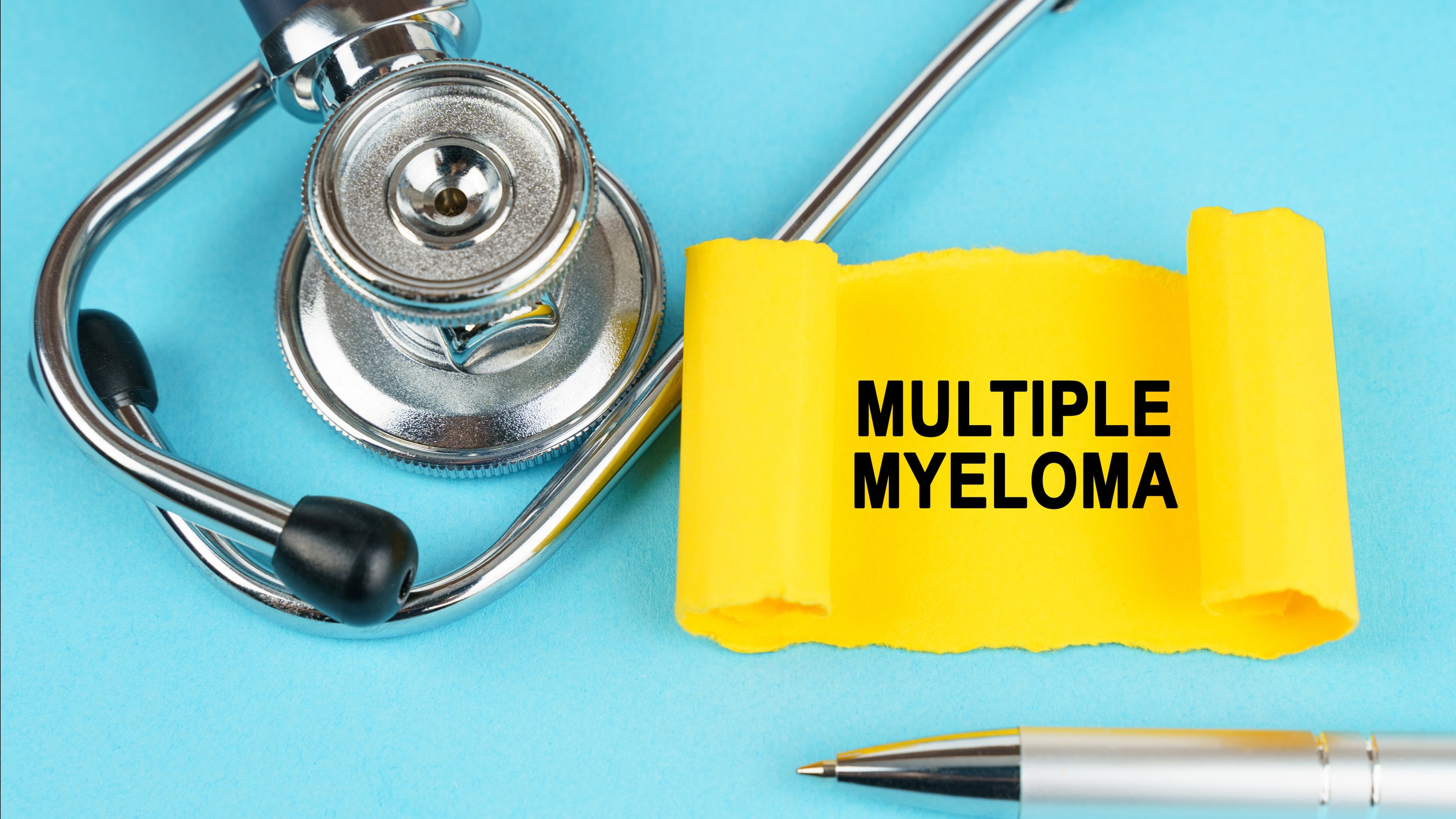
The Impact of Weight Gain Post-Breast Cancer Diagnosis
Recent studies reveal a growing concern among healthcare professionals regarding the effects of weight gain on breast cancer outcomes. According to a study presented by Dr. Sixten Harborg at the European Society for Medical Oncology’s Breast Cancer 2025, substantial weight gain after a breast cancer diagnosis significantly increases mortality risk, especially for women who are overweight or of healthy weight at the time of diagnosis.
Understanding the Findings
The study focused on a subset of 6,803 women with non-metastatic breast cancer from the Nurses’ Health Study. Researchers examined the correlation between post-diagnosis weight changes and breast cancer mortality. They classified weight changes into categories ranging from stable weight to major weight gain, determining that women with major weight gains (over 5%) faced a heightened risk (adjusted hazard ratio of 1.26) compared to those maintaining a stable weight.
This risk was especially pronounced in women who were classified as having a healthy weight or who were overweight prior to their cancer diagnosis, with adjusted hazard ratios of 1.32 and 1.37, respectively. In contrast, women who were already obese at the point of diagnosis did not show an increased risk tied to post-diagnosis weight gain.
Unpacking the Statistics
With nearly 1,179 women having succumbed to breast cancer during the study's median follow-up period of 8.5 years, the implications of these findings cannot be understated. Weight management post-diagnosis emerges as a crucial factor in improving outcomes for a significant number of patients.
Broader Implications of Weight and Health
Dr. Hope Rugo, an expert from the University of California, pointed out that the only patients affected by post-diagnosis weight gain were those whose starting weights were classified as normal or overweight. This suggests a troubling nexus: women who already face a higher mortality rate from breast cancer—including those diagnosed at a healthy weight—are further jeopardized by weight gain. However, the key takeaway here isn't just the danger of gaining weight but the need for survival strategies.
Exploring Potential Interventions
Amidst these concerns, initiatives like the BWEL trial, involving over 3,100 women with stages II-III breast cancer, offer promises. It focuses on the potential benefits of weight loss interventions for improving survivorship outcomes, emphasizing an actionable path for women grappling with the challenges of weight management post-diagnosis.
A Call for Action: What This Means for Patients
As researchers continue to delve into the repercussions of weight changes on breast cancer survival, patients and healthcare providers must prioritize weight management as part of a comprehensive treatment plan. Understanding that post-diagnosis weight gain can exacerbate existing risks provides both a burden and an avenue for empowerment. Women within the target demographics should consult with oncologists and nutritionists to craft personalized plans aimed at sustainable health outcomes.
This study serves as a rallying call for all affected individuals to embrace effective lifestyle changes, aiding not only in improving health outcomes but also in fostering a sense of control over their journey.
Final Thoughts
In light of these developments, it’s critical that patients who have faced or are facing breast cancer engage in discussions about maintaining a healthy weight. The evidence is clear: weight management post-diagnosis is no longer a secondary concern but a fundamental part of survivorship strategies. Talk with your healthcare provider and explore possible options, including weight management programs known to assist cancer survivors.
 Add Row
Add Row  Add
Add 




 Add Row
Add Row  Add
Add 

Write A Comment